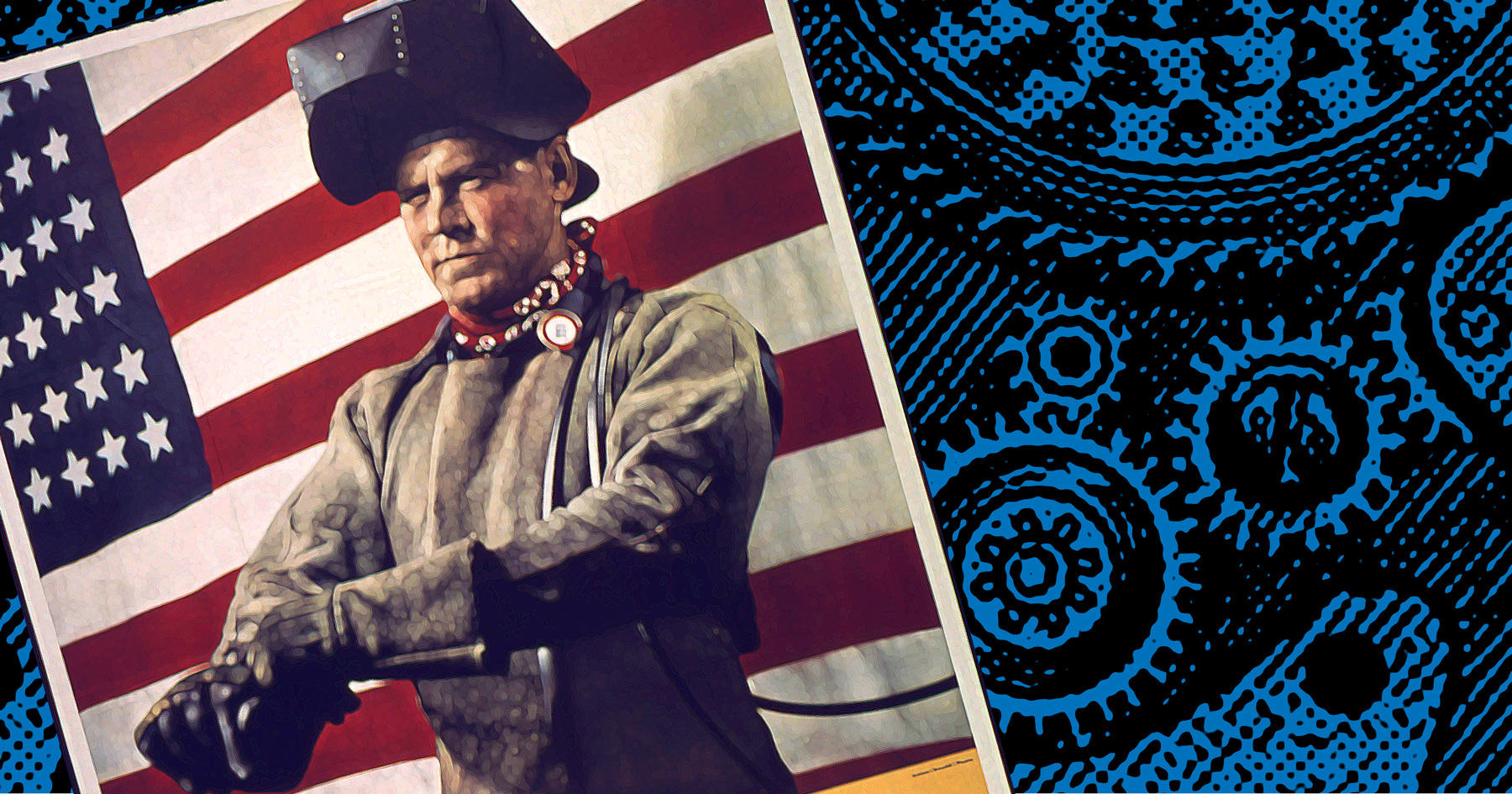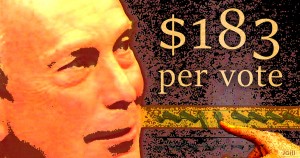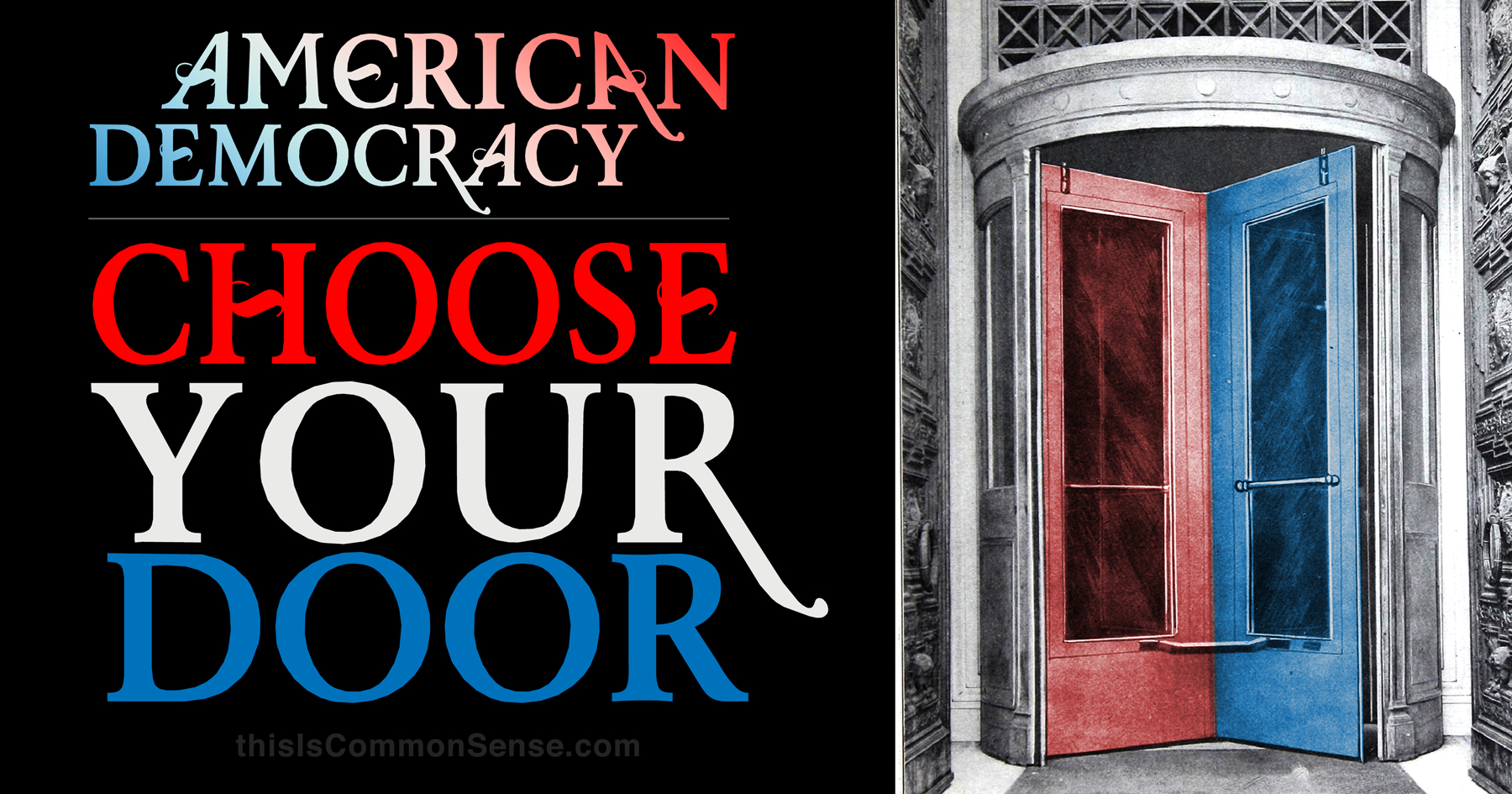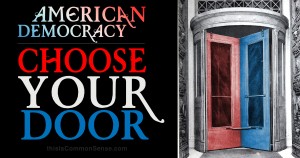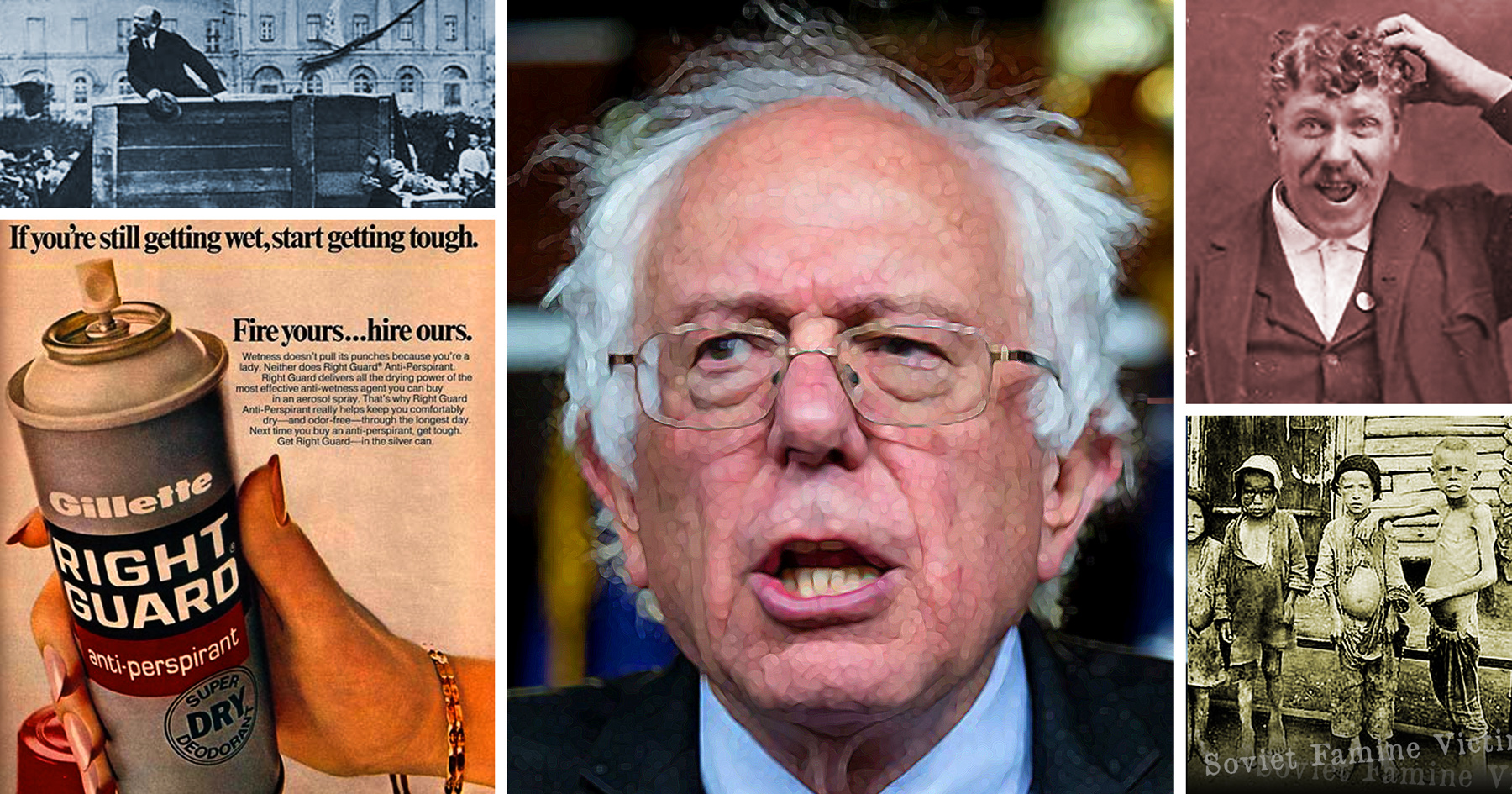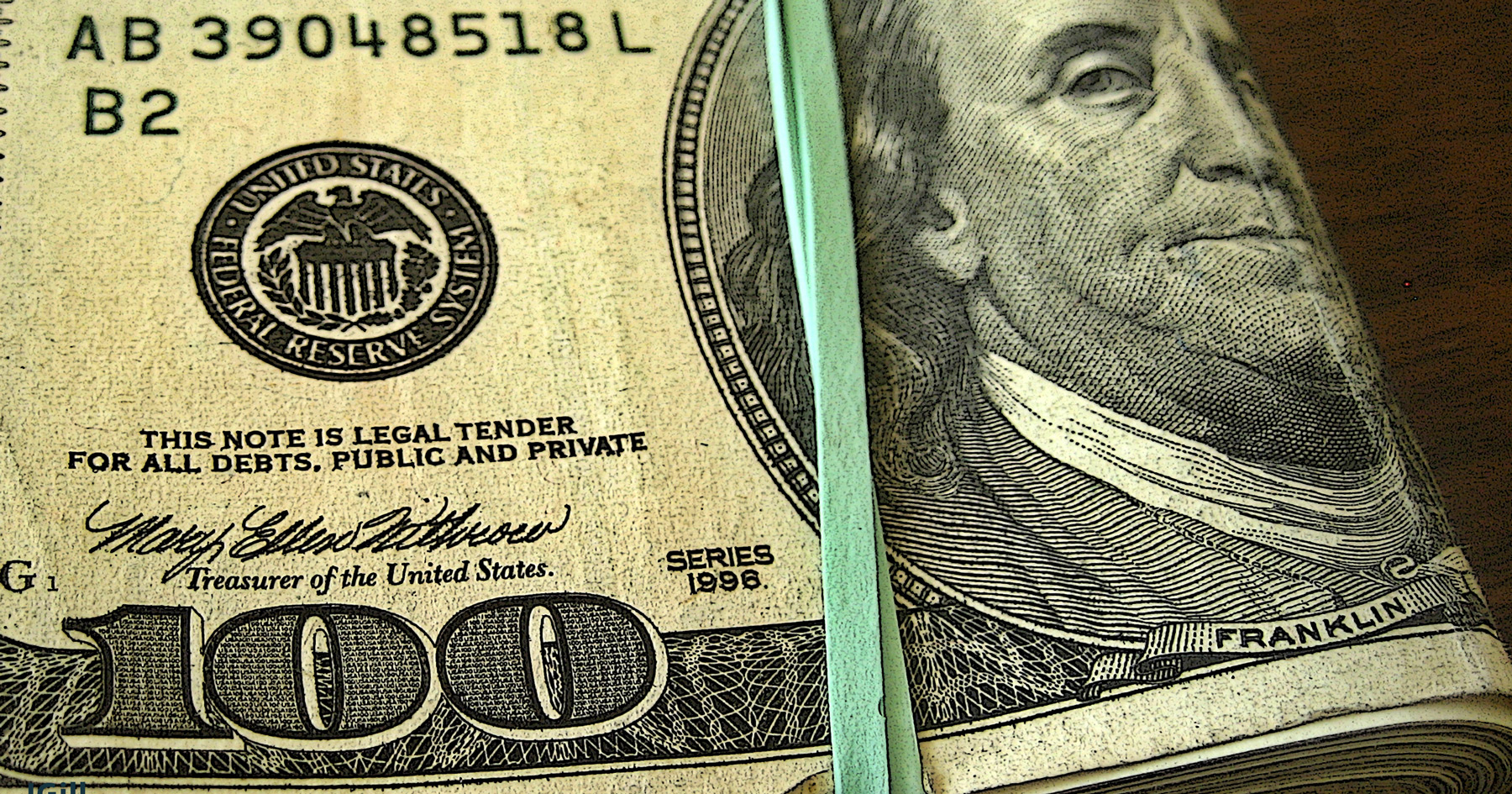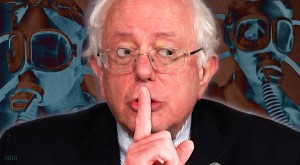Set aside all the snake oil that sleazy, slippery-tonged solons have sought to sell us, now comes the Bush behind Door #3 to tell the teeming masses of tailing media what we need to do … if Americans want to grow economically as a country, and succeed individually.
We need to work more.
Former Florida Gov. Jeb Bush was just casually tossing about that four-letter word in a recent meeting with the editorial board of the Union Leader in Manchester, N.H.:
My aspiration for the country and I believe we can achieve it, is four percent growth as far as the eye can see. Which means we have to be a lot more productive, workforce participation has to rise from its all-time modern lows. It means that people need to work longer hours and, through their productivity, gain more income for their families. That’s the only way we’re going to get out of this rut that we’re in.
Work more? Harder? Longer?
How dare Jeb suggest that our future success, together or individually, should be dependent on us … of all people?
Democrats immediately pounced. A statement from the Democratic National Committee called Bush’s remark “easily one of the most out-of-touch comments we’ve heard so far this cycle.”
“Americans are working pretty hard already & don’t need to work longer hours,” tweeted John Podesta, chairman of the 2016 Hillary Clinton presidential campaign, “they need to get paid more.”
We all “need” a lot of things. The point is we are all better off when we go out and earn what we need.
Well, that’s my point, anyway.
And, perhaps, Jeb Bush’s.
This is Common Sense. I’m Paul Jacob.
